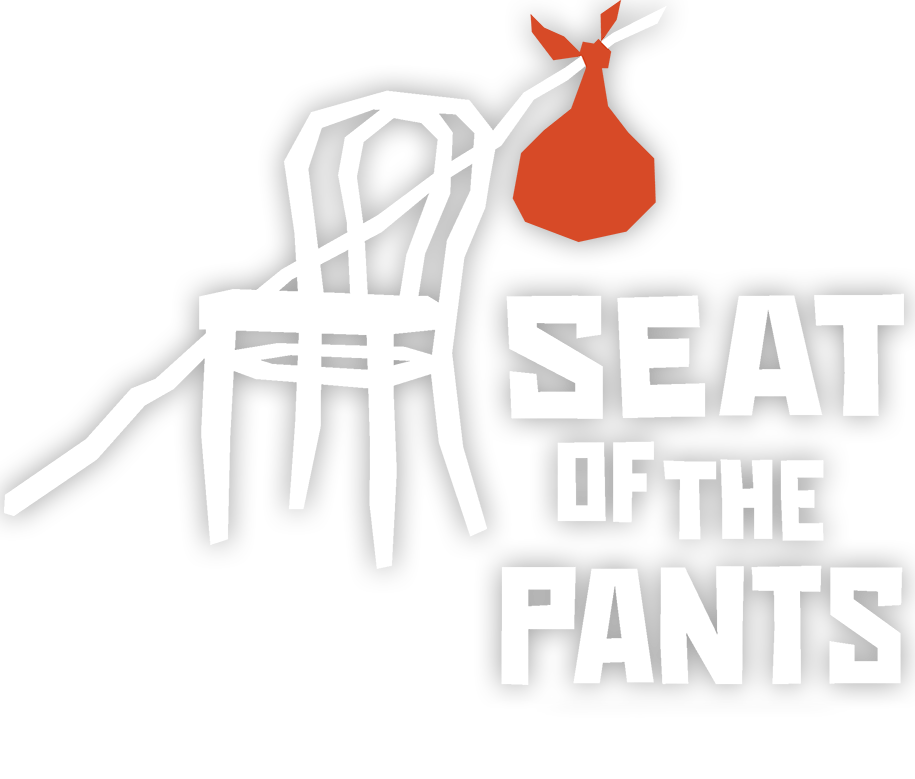WORK-SHOP, BABY, WORK-SHOP!
Pieter Bruegel the Elder: The Wedding Dance, 1566.
Over the course of the last year we’ve been gratified to have had roughly 100 participants join us for our small handful of free workshops. In a little over a week, we’re going to have our biggest one yet, which is a little intimidating, but mostly exciting. It’s intimidating in that we want to make sure we are able to fulfill a positive and educational experience for each of our participants. It’s exciting that the interest responses to these workshops continues to grow.
We started putting on these workshops to create more opportunities for adult artist education in our community. Frankly, there just isn’t a lot of opportunity for adult artists to keep learning, crafting, and building together. NE Ohio has a TON of theatre and a TON of shows being produced - which is awesome - but sometimes the high stakes and pressures of a performance, and an audience, and a short rehearsal period, and/or box office ticket goals can compromise one’s ability to utilize those processes for continued growth of fundamentals. It is an awesome thing that so many stories are being told in NE Ohio theatre, and surely, each story/play/musical, there are lessons learned and gained over the experience. We’re hoping to bring a more targeted and intentional approach to that sort of lesson building and removing the strictures that can pressurize or limit the experience. We’re also trying to keep the learning as barrier free as we can to keep art making accessible.
Being a process-focused theatre company, being able to build and explore as an ensemble of participants is really important to us. In any kind of classroom setting, there is value in the lesson itself, but it’s also incredibly instructive to see how others learn and explore as well. Fostering a space that allows many people to learn and grow in their own ways and at their own speeds has yielded some explosively productive and effective workshops. It’s our hope to share some of the fun we find in our rehearsals with artists who might value that focus on process. Sometimes when we talk with people about our work, we hear something along the lines of: “sound cool, but that time commitment…” We totally get that AND we take that time seriously as a pledge from us to you to steward and foster your artistry and have some fun doing it!
Our workshops so far have been included a number tools of the Michael Chekhov technique, Viewpoints ( originated by Mary Overlie and adapted by Anne Bogart and Tina Landau), audition monologue techniques from Michael Shurtleff’s guide to auditioning and the David Craig Technique, and script analysis tools from an array of published theatre innovators. We say at most rehearsals and certainly at every workshop: we didn’t invent any of this. And that’s still true. We’ve taken the things that we find are working for us and want to share them with the people who also make art around our community. All these things exist in books, we’re just trying to be the conduit toward application, execution, and fun.
We hope you’ll consider joining us for our next workshop, and please feel free to spread the work to someone you know who might like to get involved.
Here are some quick candid pics from our previous workshops. The work that we’re doing is familiar to some white totally new to others. Building a space where each person can “buy-in” to the work regardless of their experience AND walk away with more than they came in with is a huge goal for us. So far I think we’ve been successful.
Some of the feedback from these workshops:
“I found the material very easy to access and digest. I thought the instructor did a great job of making things easy to understand and presented the material with ease. There was enough guidance that even if some things were not clear from the beginning they became clear as the evening unfolded.”
“I found the material very approachable and the ground rules helped ground my focus.”
“Clear and concise instructions as well as understanding of how these techniques would be useful developing character, exploring options, and communicating with the ensemble.”
“Guidelines were open enough to allow me to work within my physical injuries/mental capacity for the day, while being specific and clear enough to give me the foundation I needed to feel successful. We covered a lot of ground, but the teachers kept a calm pace when speaking that kept me relaxed. I never felt rushed or pressured; I always had the time I needed to process the exercises. Having spybacks was a great way to process mid-workshop and learn from everyone else in the room, especially for earlier exercises where I was still in my head a bit.”

















